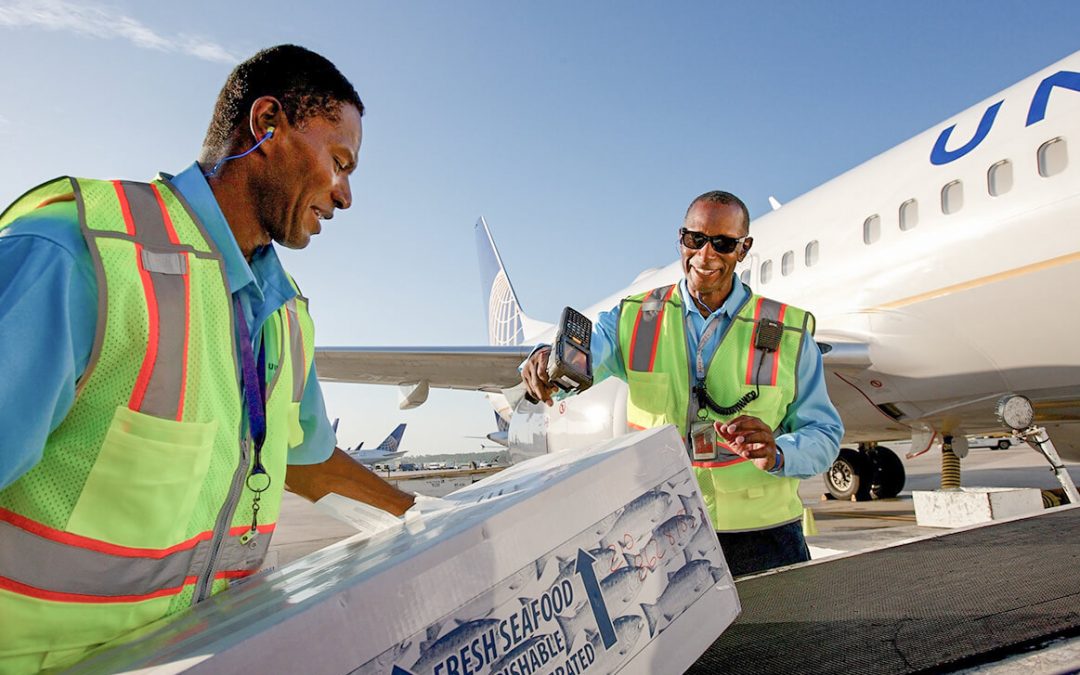
by Eric Price | Jul 26, 2021 | American, Front Page, Page Five, Page Four, Page Three, Perusals, Row 2, United
Union Jobs Are Available According to recent studies, a majority of the 157 million active American workers would like to have a union job. According to a survey by the Pew Research Center, majorities view employee-run associations and unions favorably and see the...
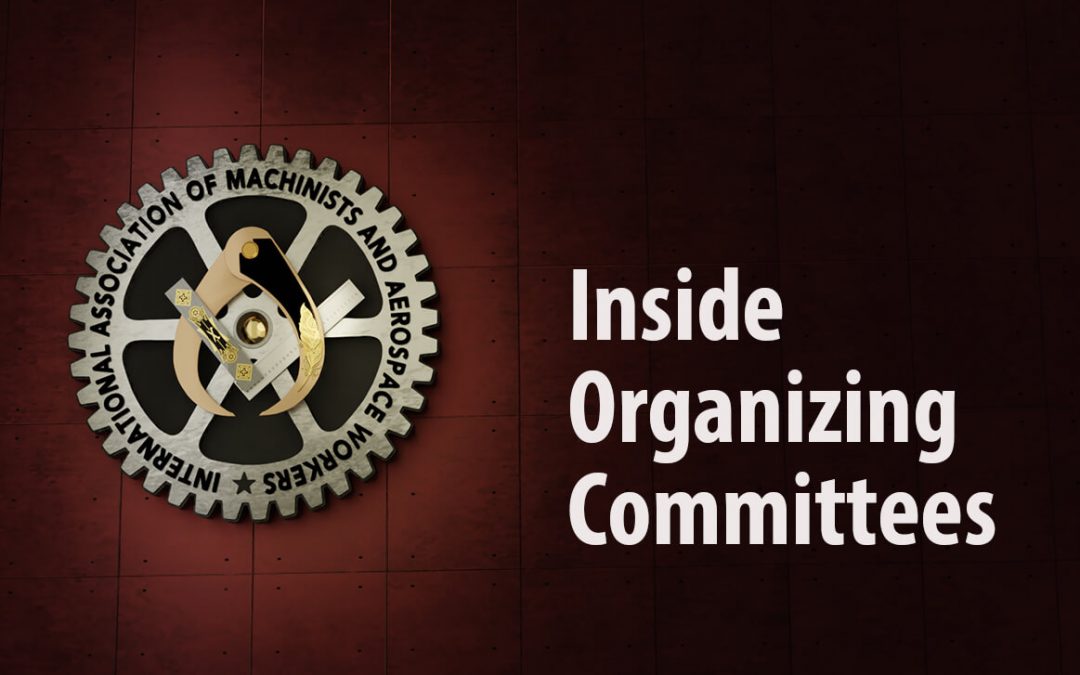
by Eric Price | Jul 21, 2021 | Front Page, JetBlue, Organizing, Page Four, Page Three, Page Two, Perusals, Row 2
Primer on Inside Organizing Committees Inside Organizing Committees, often referred to as “Inside Committees” are a key part of organizing a workplace. Here’s a little more information about how they work. Got Union questions? Call or text a Union...
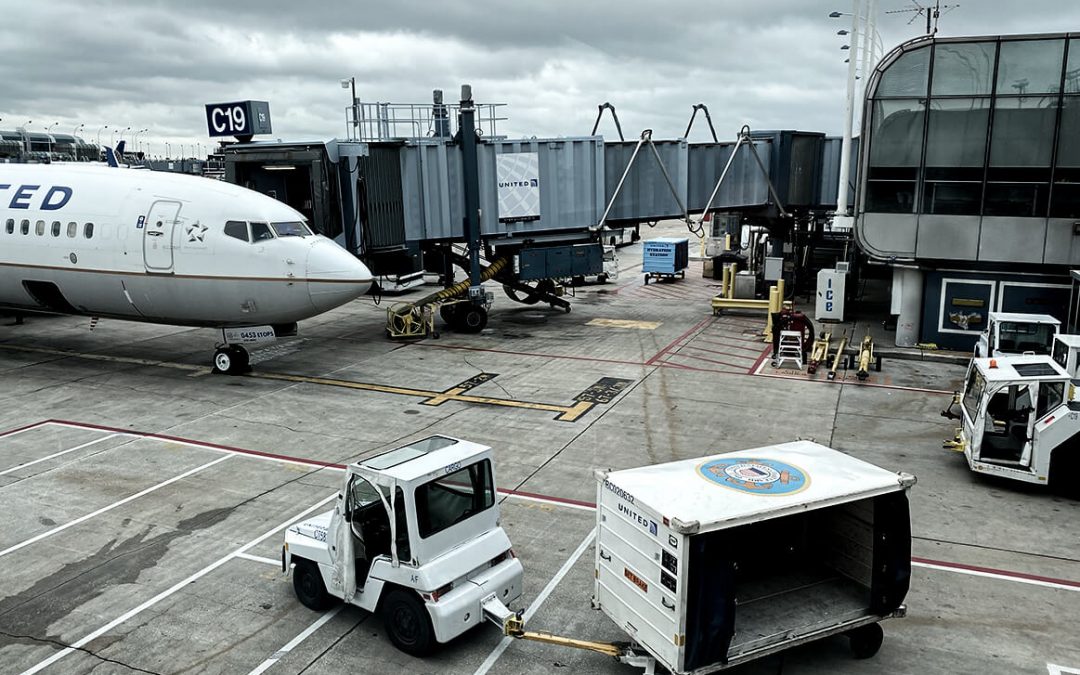
by Eric Price | Jul 20, 2021 | COVID, Front Page, Page Five, Page Four, Page Three, Page Two, Perusals, Row 2, United
United Airlines’ Chicago Hub is Renewing Travel Restrictions Exploding Delta Variant case numbers in several regions of the US has caused the City of Chicago to impose a new round of travel restrictions. Starting last Friday, people traveling into the city from...
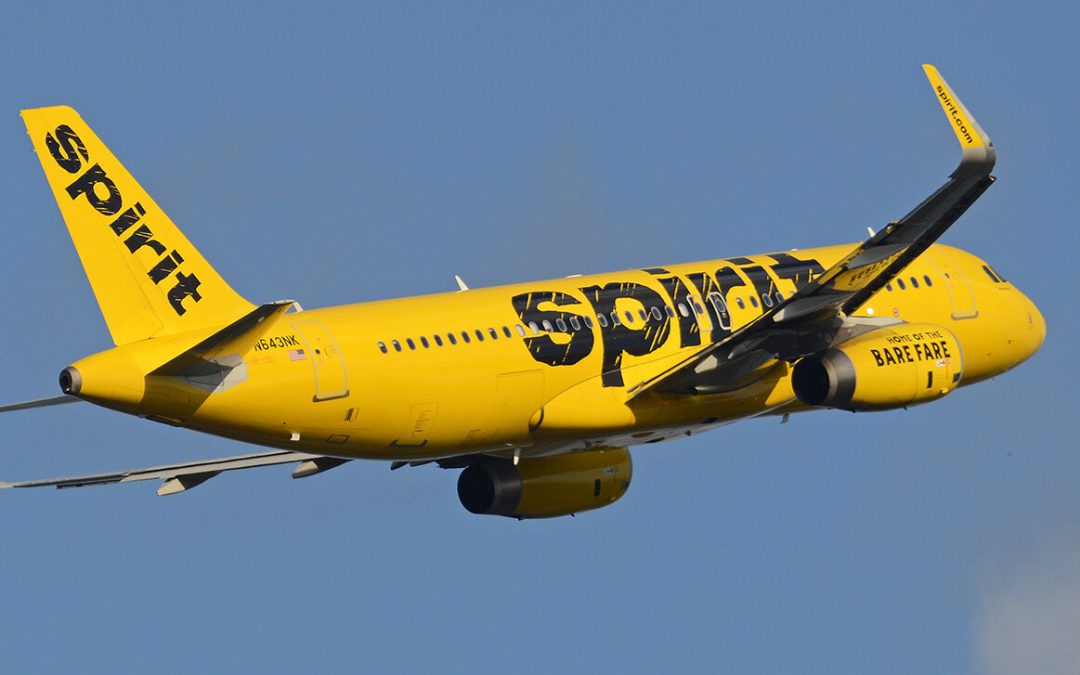
by Eric Price | Jul 16, 2021 | Front Page, Page Five, Page Four, Page Three, Page Two, Perusals, Row 2, Spirit
IAM members at Spirit beat the heat with lump-sum payments Brothers and Sisters, District 141 members at Spirit Airlines will receive a bonus paycheck after we signed a Letter of Agreement with the carrier this week. The lump-sum payment will go to 305 fleet...
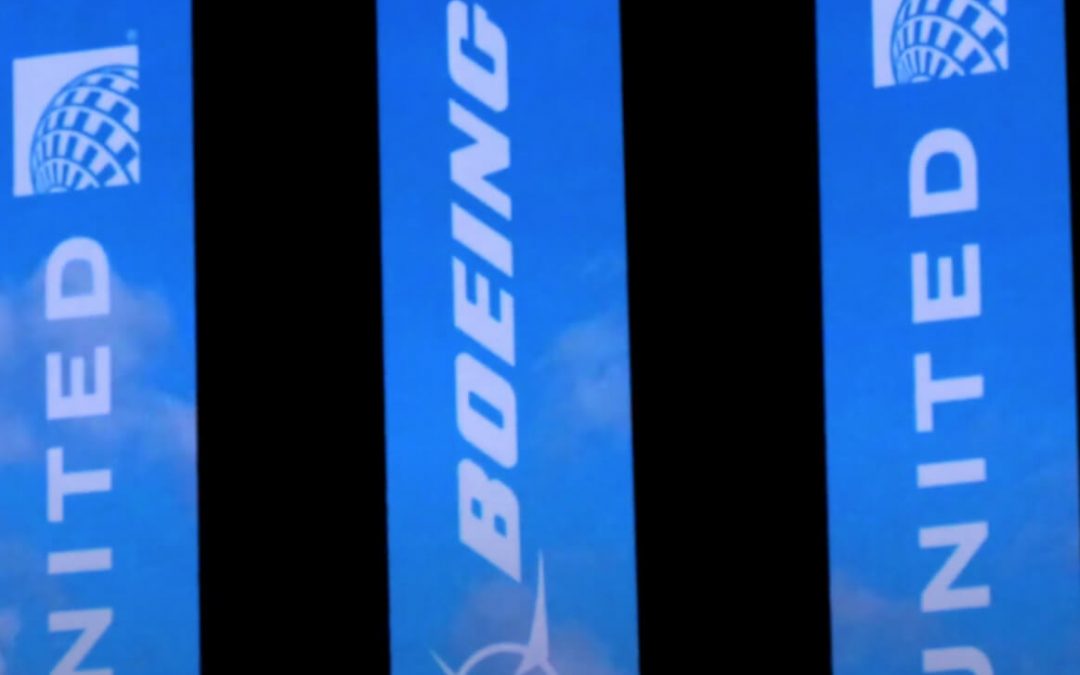
by Eric Price | Jul 1, 2021 | Featured, Featured News, Front Page, Organizing, Page Five, Page Four, Page Three, Page Two, Perusals, Row 2, United, Video
United is placing the biggest new aircraft order in its history, a total of 200 MAX jets from Boeing plus 70 aircraft from Airbus, and will hire 25,000 new employees in the next 5 years to support that investment in their fleet. Read the Official Announcement25,000...
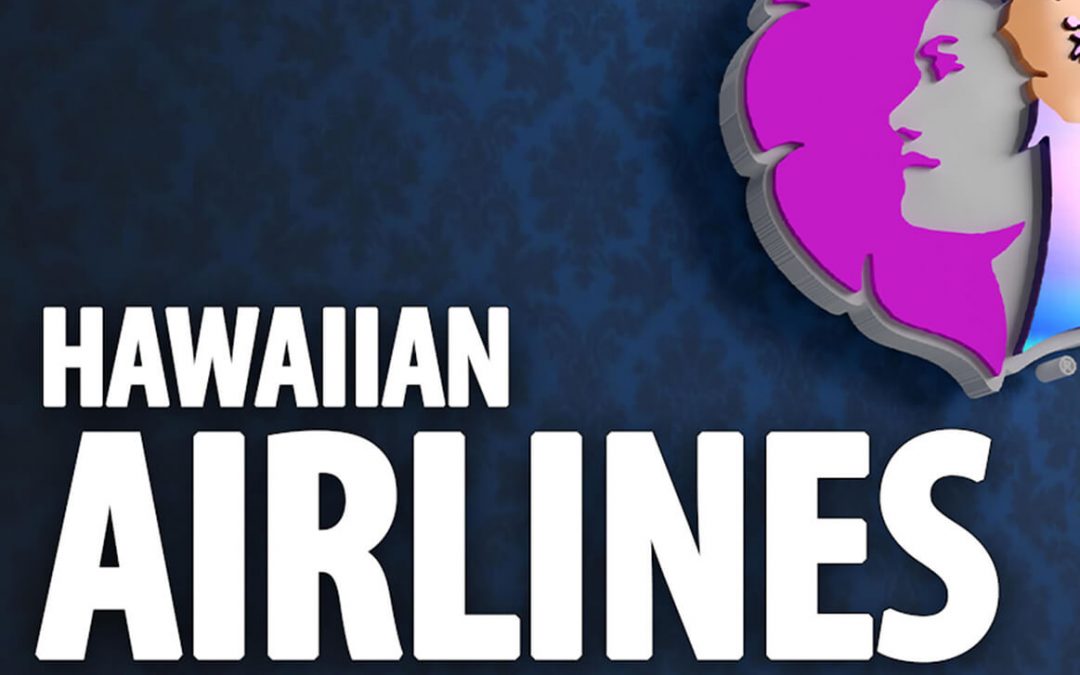
by Eric Price | Jun 18, 2021 | Featured, Featured News, Front Page, Hawaiian, Page Five, Page Four, Page Three, Page Two, Perusals, Row 2
Hawaiian Airlines Negotiations Update Aloha Sisters and Brothers of Hawaiian Airlines,In April, we informed you that we would begin meeting with Hawaiian Airlines to continue limited issue, expedited negotiations. We have made good on that promise, and are working on...







